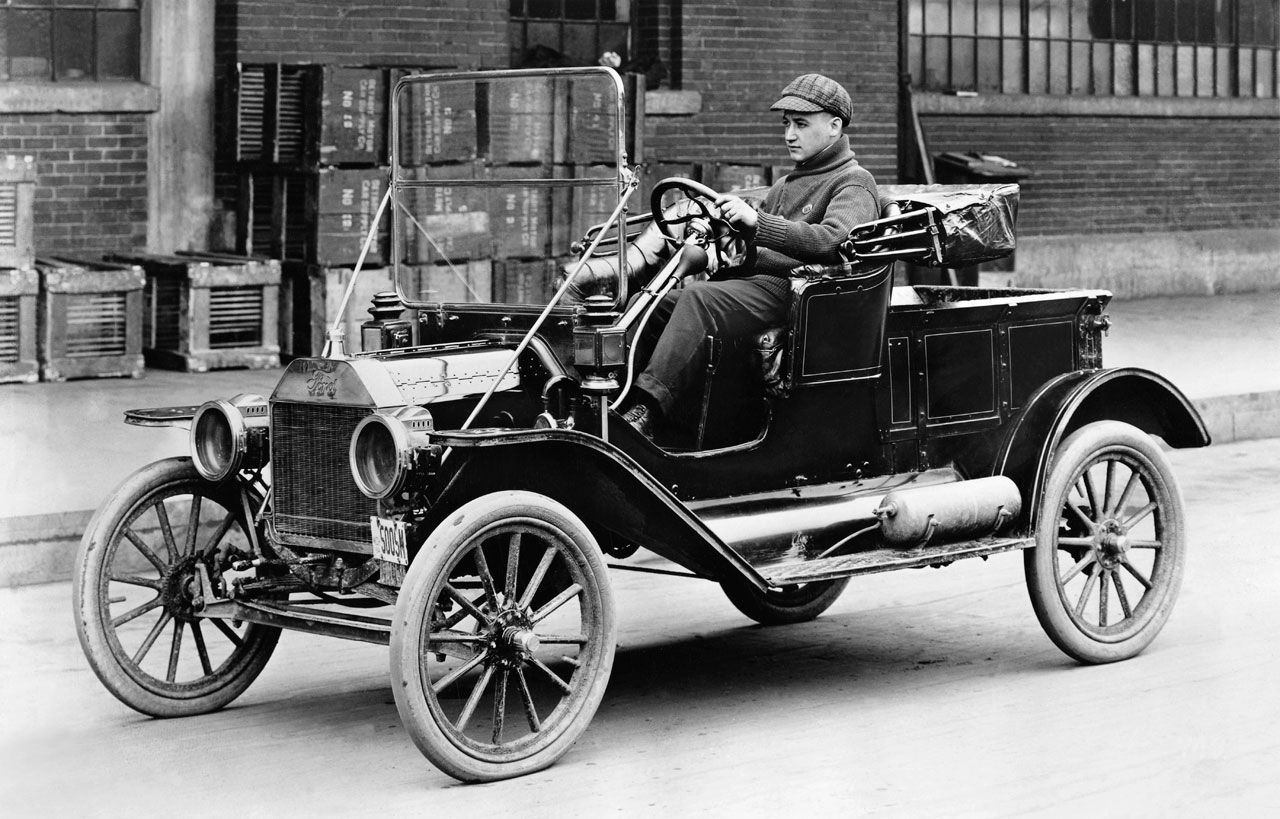
Ford plans for the future
Aided in part by the momentous open source movement Tesla Motors initiated, the Ford Motor Company announced today massive changes throughout their car lineup over the next 5 years. Not only will they be investing $4.5Billion USD into new lines of electric vehicles, but they will also be developing a ride-sharing service to rival category leaders Uber and Lyft, that they plan to offer to cities with inefficient transportation systems. The currently unnamed service is currently being piloted by it’s employees near the Ford head office in Michigan.
It may sound counter-intuitive that a car company would want to reduce the number of cars on the road, after all, the automotive business model has traditionally been to sell as many vehicles as possible. Ford’s decision to invest in ride-sharing is not a selfless, eco-friendly decision, rather a strategic gamble to try and cash-in on what is projected to be a $5 Trillion, yes trillion dollar market currently void of any automobile manufacturers. This strategy is a stark contrast to the standard approach we’ve seen by multinational corporations whom far too often ignore or are too slow to react to technological advancements or market demands, remember Blockbuster and Kodak. We’ve seen this recently with taxi industry, which has been very stubborn when it comes to adapting its business model to fit with consumer demands.
Regardless of the outcome, it’s refreshing to see that the same company that invented the automotive industry is trying to ensure that they evolve alongside the future of transportation, even if it’s just to ensure their brand remains profitable.
Aided in part by the momentous open source movement Tesla Motors initiated, the Ford Motor Company announced today massive changes throughout their car lineup over the next 5 years. Not only will they be investing $4.5Billion USD into new lines of electric vehicles, but they will also be developing a ride-sharing service to rival category leaders Uber and Lyft, that they plan to offer to cities with inefficient transportation systems. The currently unnamed service is currently being piloted by it’s employees near the Ford head office in Michigan.
It may sound counter-intuitive that a car company would want to reduce the number of cars on the road, after all, the automotive business model has traditionally been to sell as many vehicles as possible. Ford’s decision to invest in ride-sharing is not a selfless, eco-friendly decision, rather a strategic gamble to try and cash-in on what is projected to be a $5 Trillion, yes trillion dollar market currently void of any automobile manufacturers. This strategy is a stark contrast to the standard approach we’ve seen by multinational corporations whom far too often ignore or are too slow to react to technological advancements or market demands, remember Blockbuster and Kodak. We’ve seen this recently with taxi industry, which has been very stubborn when it comes to adapting its business model to fit with consumer demands.
Regardless of the outcome, it’s refreshing to see that the same company that invented the automotive industry is trying to ensure that they evolve alongside the future of transportation, even if it’s just to ensure their brand remains profitable.




